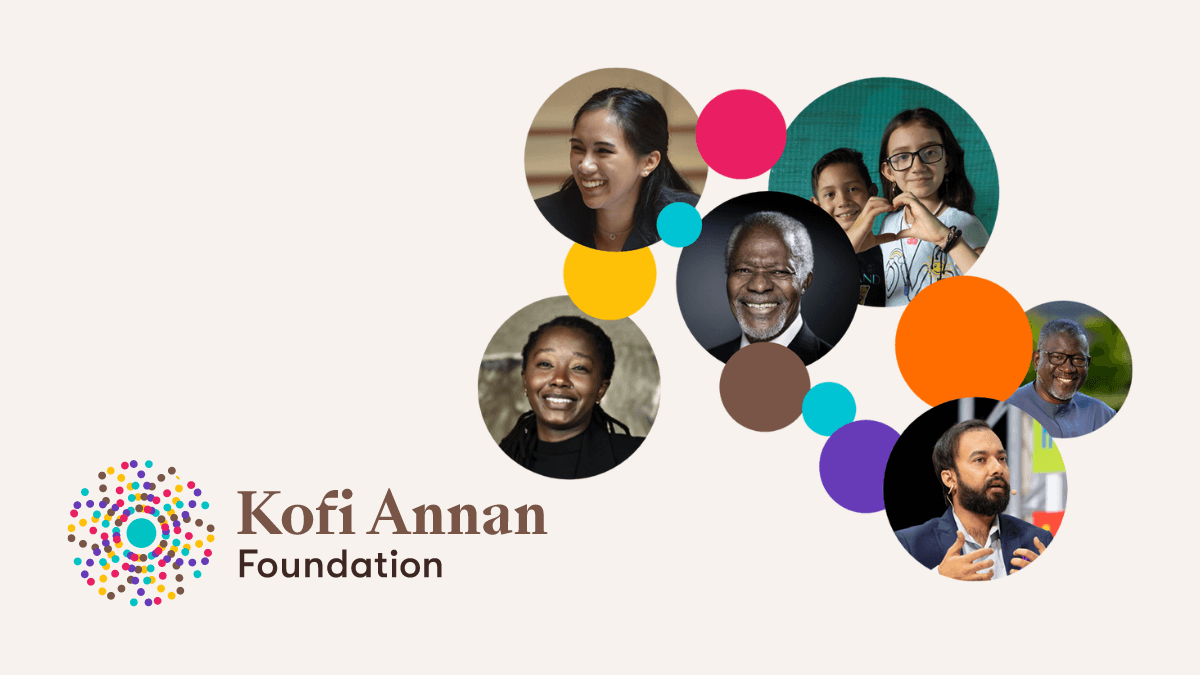Feed
-
OpportunityRequest for Proposals: HFSP Research Grant ProgramDeadline: Mar 18, 2025 Donor: Human Frontier Science Program Grant Type: Grant Grant Size: $100,000 to $500,000 Countries/Regions: Australia, Austria, Belgium, Bulgaria, Canada, Croatia, Cyprus, Czech Republic, Denmark, Estonia, Finland, France, Germany, Greece, Hungary, India, Ireland, Israel, Italy, Japan, South Korea, Latvia, Lithuania, Luxembourg, Malawi, Netherlands, New Zealand, Norway, Poland, Portugal, Romania, Singapore, Slovak Republic, Slovenia, South Africa, Spain, Sweden, Switzerland, United Kingdom, United States Area: PhD Holder, Research, Science The Human Frontier Science Program is now requesting applications for its Research Grant Program to strengthen open scientific inquiry by initiating international collaborative, interdisciplinary, and cutting-edge basic research in the life sciences. For more information, visit https://www.hfsp.org/funding/hfsp-funding/research-grants Premium Link: https://grants.fundsforngospremium.com/opportunity/op/request-for-proposals-hfsp-research-grant-programBy: Baboki Gaolaolwe-MajorSunday, Feb 2, 2025SCIENCE, TECHNOLOGY AND INNOVATION
No Preview Available -
OpportunityNominations open for Einstein Award for Promoting Quality in ResearchDeadline: Apr 29, 2025 Donor: Einstein Foundation Berlin Grant Type: Awards, Prizes and Challenges Grant Size: $100,000 to $500,000 Countries/Regions: All Countries Area: Education, Researchers, Innovation, Research, Science, Humanities, Social Sciences The Einstein Award for Promoting Quality in Research in cooperation with the QUEST Center for Responsible Research at the Berlin Institute of Health at Charité honors researchers, institutions, and early career researchers around the globe whose work helps to fundamentally advance the quality, transparency, and reproducibility of science and research. For more information, visit https://award.einsteinfoundation.de/ Premium Link: https://grants.fundsforngospremium.com/opportunity/op/nominations-open-for-einstein-award-for-promoting-quality-in-researchBy: Baboki Gaolaolwe-MajorSunday, Feb 2, 2025EDUCATION+1
No Preview Available -
OpportunityDAWN Fellowship for Young Women Feminists from the Global SouthDeadline: Mar 01, 2025 Donor: DAWN Feminist Grant Type: Fellowship Grant Size: $1000 to $10,000 Countries/Regions: Area: Politics, Women and Girls, Innovation, Domestic Violence, Research, Women & Gender, Youth & Adolescents The DAWN Feminist is inviting applications to support young women feminists from the Global South in undertaking innovative projects focusing on research, advocacy, mobilisation, resistance, or creative expression and provide a platform to share their work with diverse audiences locally and internationally. For more information, visit https://www.dawnfeminist.org/what-we-do/capacity-building/dawn-fellowship-for-young-women-feminists-from-the-global-south Premium Link: https://grants.fundsforngospremium.com/opportunity/op/dawn-fellowship-for-young-women-feminists-from-the-global-southBy: Baboki Gaolaolwe-MajorSunday, Feb 2, 2025YOUTH EMPOWERMENT
 No Preview Available
No Preview Available -
OpportunityRequest for Nominations: Kofi Annan NextGen Democracy PrizeDeadline: Mar 31, 2025 Donor: Kofi Annan Foundation Grant Type: Awards, Prizes and Challenges Grant Size: $1000 to $10,000 Countries/Regions: All Countries Area: Democracy & Good Governance, Leadership, Youth & Adolescents The Kofi Annan Foundation and the Democracy and Culture Foundation invite nominations for the third edition of the Kofi Annan NextGen Democracy Award. For more information, visit https://www.kofiannanfoundation.org/news/call-for-nominations-the-2025-kofi-annan-nextgen-democracy-prize/ Premium Link: https://grants.fundsforngospremium.com/opportunity/op/request-for-nominations-kofi-annan-nextgen-democracy-prizeBy: Baboki Gaolaolwe-MajorSunday, Feb 2, 2025YOUTH EMPOWERMENT
 No Preview Available
No Preview Available -
OpportunityCall for Applications: Zayed Sustainability PrizeDeadline: Jun 23, 2025 Donor: Masdar Grant Type: Awards, Prizes and Challenges Area: Agriculture Food & Nutrition, Climate Change, Conservation, Energy, Health, Health care, Malaria, Tuberculosis, Innovation, Technology, Water & Sanitation Applications are now open for the Zayed Sustainability Prize that recognises and rewards small to medium-sized enterprises (SMEs), nonprofit organisations (NPOs), and global high schools with impactful, innovative and inspiring sustainable solutions. For more information, visit https://entry.zayedsustainabilityprize.com/ZSPHome Premium Link: https://grants.fundsforngospremium.com/opportunity/op/call-for-applications-zayed-sustainability-prizeBy: Baboki Gaolaolwe-MajorSunday, Feb 2, 2025AGRI-FOOD SYSTEMS+2
No Preview Available -
OpportunityUNESCO-Equatorial Guinea International Prize for Research in the Life SciencesThe call for nominations for the ninth edition of the UNESCO-Equatorial Guinea International Prize for Research in the Life Sciences is now open. Eligibility Criteria Candidatures can only be submitted by the following designated authorities: UNESCO Member States through their National Commissions; Non-governmental organizations in official partnership with UNESCO that are active in relevant fields covered by the Prize; Please note that each Member State or Non-governmental Organization may submit up to five nominations.Candidates must obtain their endorsment from their National Commission. To do so, candidates must initially register through the following form UNESCO-Equatorial Guinea International Prize - Account RequestsBy: Baboki Gaolaolwe-MajorTuesday, Jan 28, 2025SCIENCE, TECHNOLOGY AND INNOVATION
No Preview Available -
OpportunityUNESCO-Equatorial Guinea Fellowship Programme for Young Women Scientists in AfricaThe call for nominations for the first edition of the UNESCO-Equatorial Guinea Fellowship Programme for Young Women Scientists in Africa is now open. Eligibility Criteria Must hold African nationality and conduct research at a recognized laboratory in Africa. Must be under 45 years of age at the time of application. Must hold a PhD in the field of life sciences. Engaged in scientific research within the field of life sciences, focusing on advancing knowledge and contributing to sustainable development. Applications must be pre-registered via the following online link www.unesco.org/egip/account-request.By: Baboki Gaolaolwe-MajorTuesday, Jan 28, 2025EDUCATION+1
No Preview Available

Leave a comment